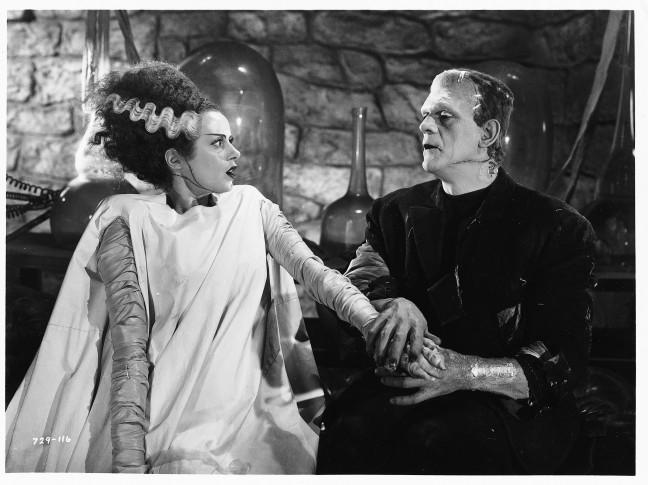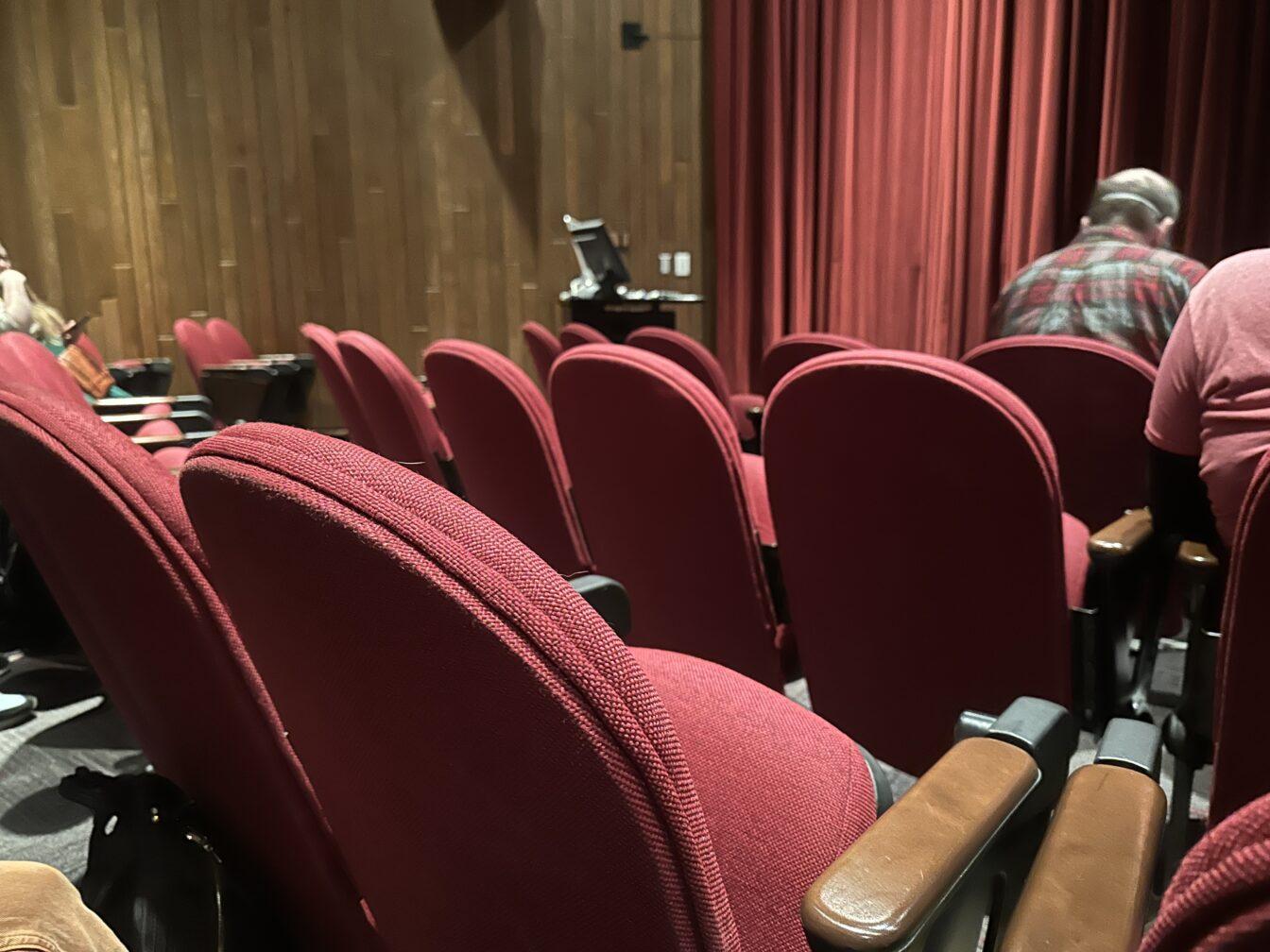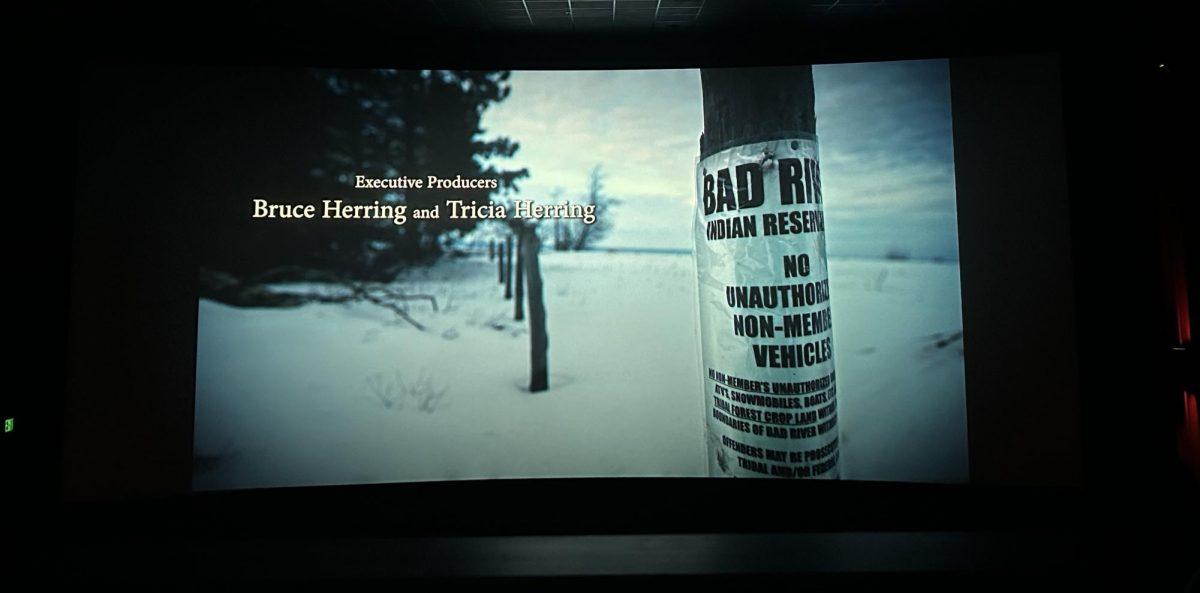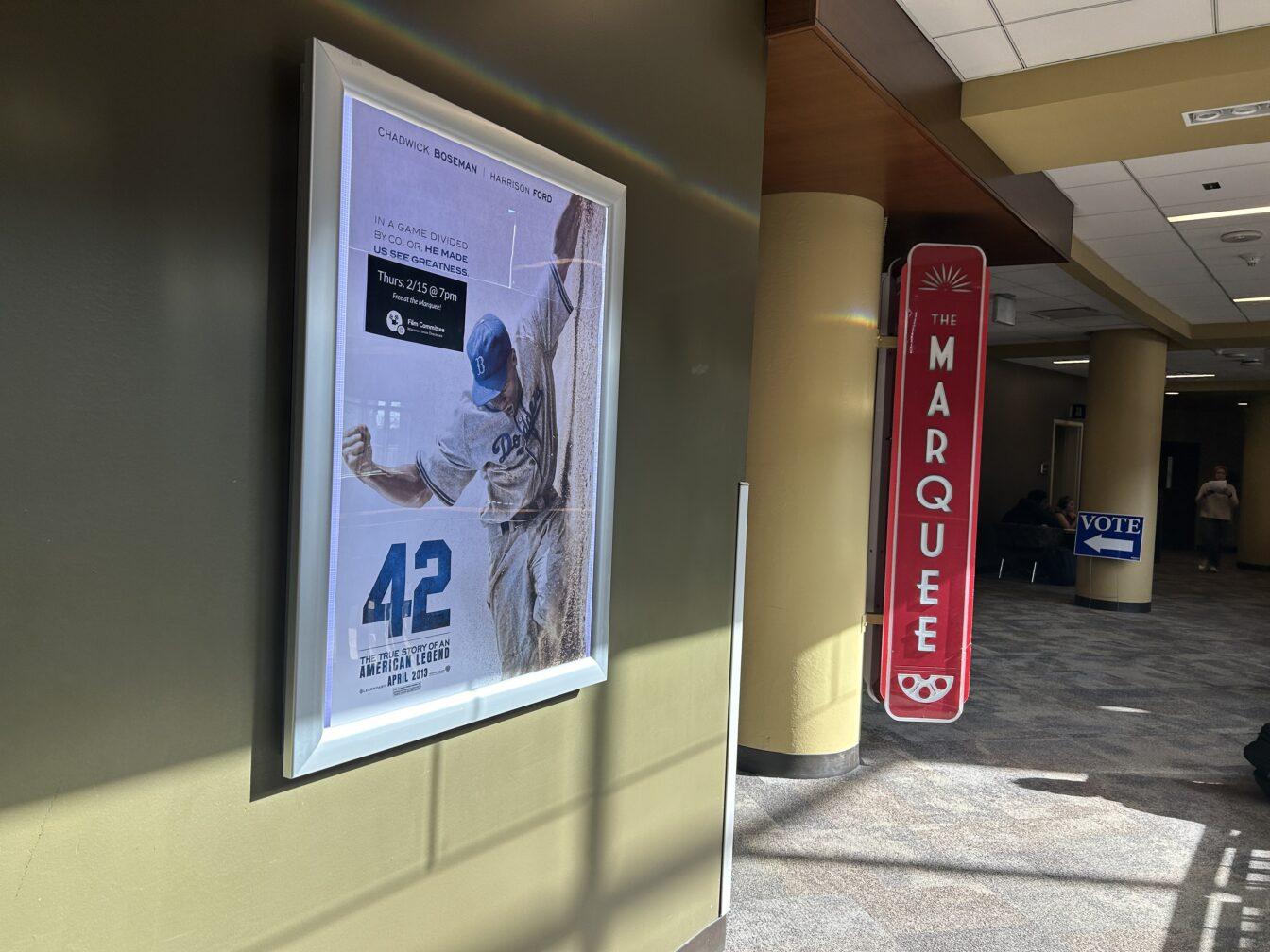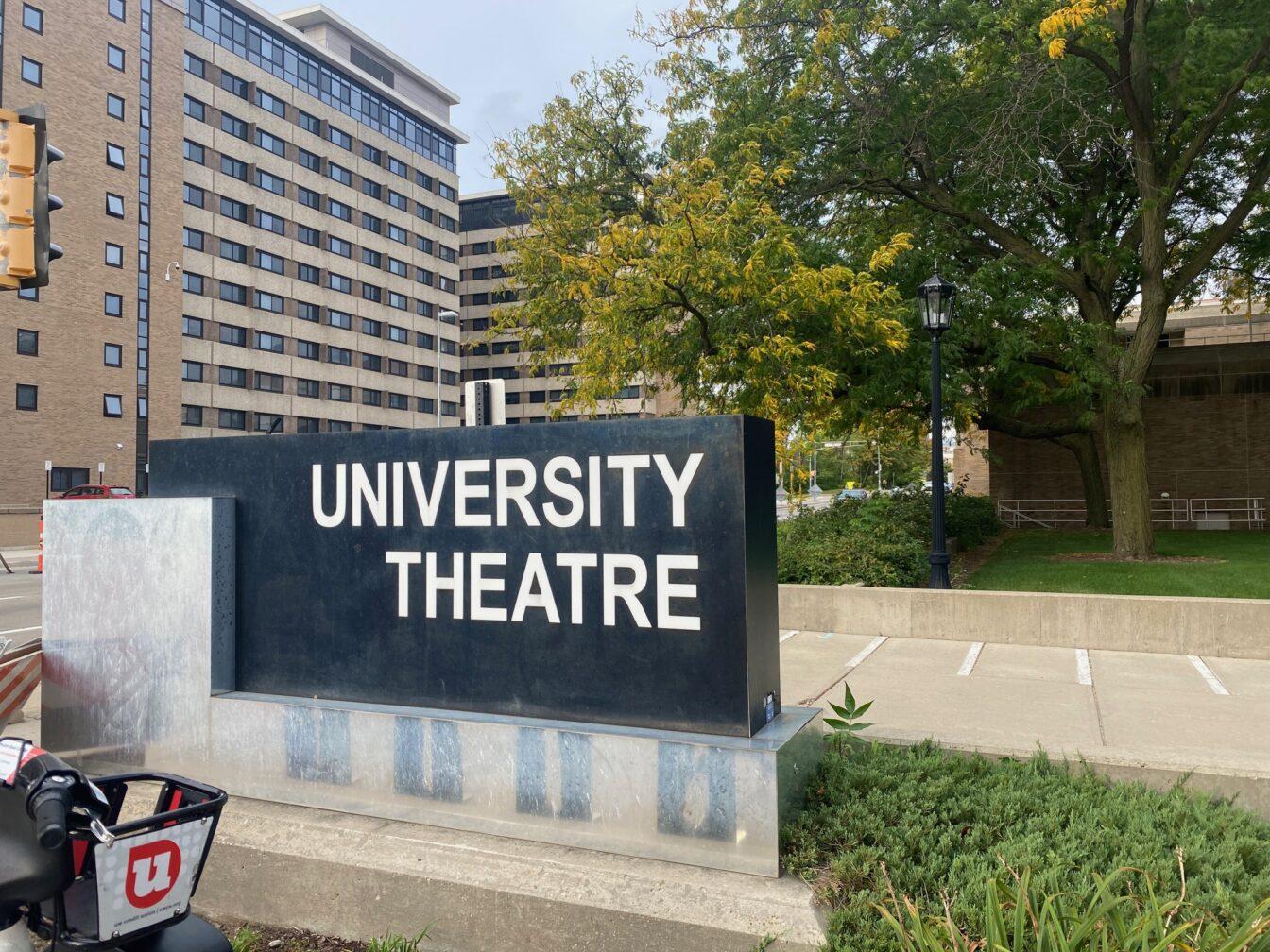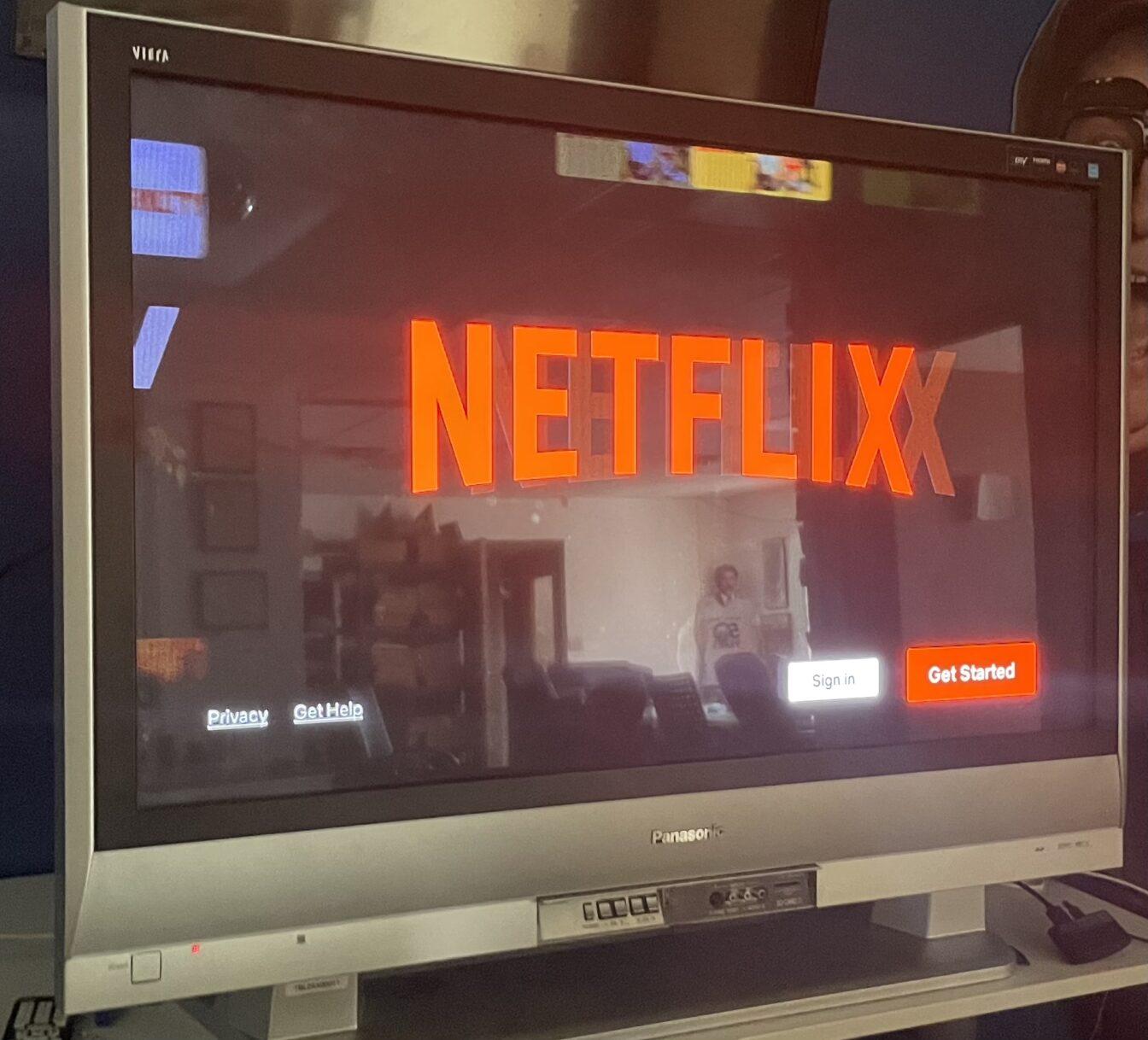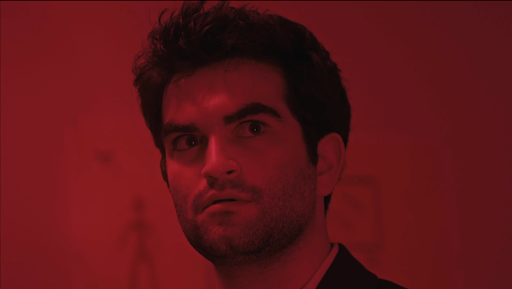While there are many voices represented in cinema, several still go unheard. The medium is broad, yet only select styles and narrative structures are frequently awarded priority.
Enter University of Wisconsin undergrads Maxwell Courtright and Vincent Mollica, two Wisconsin Union Directorate Film committee members seeking to expose the Madison film community to more eclectic and obscure — but not inferior — experimental and classic films.
The leg of WUD Film they head, Starlight, has re-emerged as a branch of WUD Film’s programming schedule that once screened more esoteric, cutting edge films. Courtright and Mollica aim to not only introduce audiences to material they may not have seen otherwise, but to showcase films with unique contributions to film.
“When [Starlight] screens a movie, we have to ask, ‘Is this gonna be a cool experience to see on screen?’” Mollica said. “I really like people finding out about these filmmakers … The most important thing for the future of these types of films is to have them. We must keep vital movies relevant.”
With a previous establishment some years ago, a revamp in 2013 and now a fresh revival catering itself to a smaller audience, Starlight is one of four legs of WUD Film programming, beside Hollywood, alternative and cult.
Each Thursday, WUD Film programs a Starlight entry — either classic or experimental — that brings together film connoisseurs for a truly engaging experience. Each has the same objective, but with far different types of content.
Courtright heads the experimental side of Starlight, programming films while “keeping a finger on the pulse of what’s being made.” While there are many films available, Courtright said when gauging a film’s screening suitability, he looks at its uniqueness or artistic intention.
Both Courtright and Mollica noted the film must be meaningful for students and highlight diverse voices not always heard in mainstream styles.
For experimental films, Courtwright typically contacts their distributors, if not the directors themselves. This close relationship — particularly on small-scale films — is rewarding for both parties.
“With each entry in experimental, it’s great knowing that the directors know their work is being screened,” Courtwright said.
After determining its worthiness, films must also be available digitally, and if “on-edge content” exists, Courtright discusses its programmability with others in WUD Film.
For Mollica, who runs the classical side, he strives to show movies that are older.
“So far, it’s been movies that are at least 10 to 15 years old and that can’t be kept in regular programming,” he said.
Mollica gathers input over Facebook during the summer, and through word of mouth and general investigation, then works with others in WUD Film to create a lineup of five to six films for Starlight Classic. All the films come from a variety of time periods and countries, composing a “free wheelin’” set.
Films shown in Starlight Classic share common themes, according to Mollica.
“When I choose films, it’s about accessibility, but at the same time I want to show triumph, uplifting stories, and different voices and demographics,” Mollica said. “I really like to get people exploring outside their comfort zone.”
So far, Starlight classic’s programming has included Spike Lee’s classic “Do the Right Thing” and “Trouble Every Day.” Starlight classic also garnered considerable attention within the Communication Arts department and the Madison film community as a whole with the Mini Indie Film Festival, which had a big turnout, Mollica said.
What is perhaps most important about bringing people together around a film, he said, is a film’s ability to connect with each viewer, when there is a deeper, cerebral feeling to taking in a movie. A film’s staying power has influenced Mollica’s desire to take up film as a career.
“The times I’ve been reminded why I want to pursue film is when I feel like I met a new person after watching it,” Mollica said.
But it is not only the individual connection that drives Starlight’s purpose. Courtright and Mollica both said cinema can truly bring about social progress.
“Watching a film can impose social responsibility. Films are a force of good,” Courtright said. “A love for film should extend to what you do and how the greater good is applied.”








